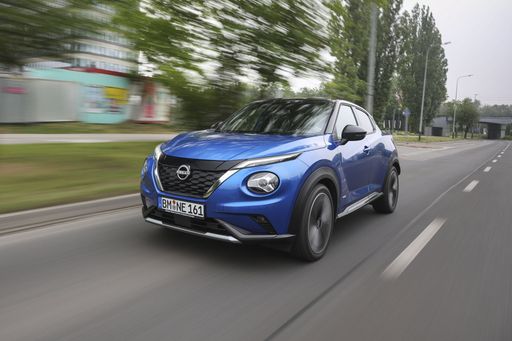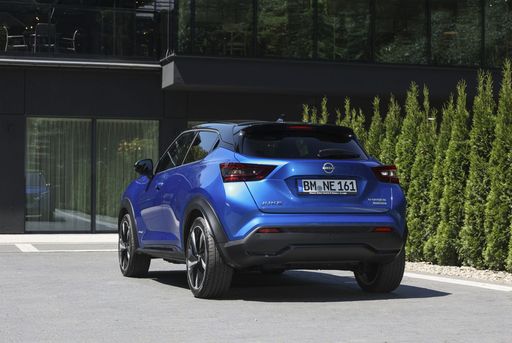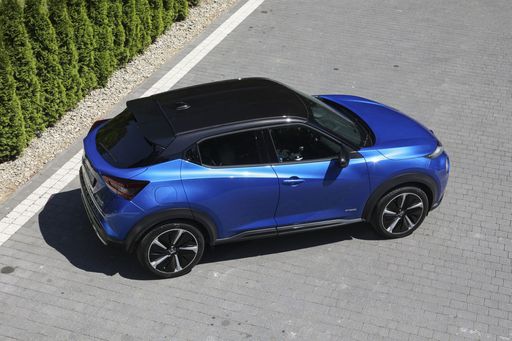Unveiling the Urban Adventurers: Nissan Juke vs. Toyota Yaris Cross
The compact SUV segment is buzzing with excitement as two remarkable contenders—Nissan Juke and Toyota Yaris Cross—aim to capture urban drivers' hearts. With their unique designs, advanced technologies, and efficient engines, both models have a lot to offer. In this comparison, we’ll delve into the technical aspects, innovations, and performance metrics of these two popular SUVs.











